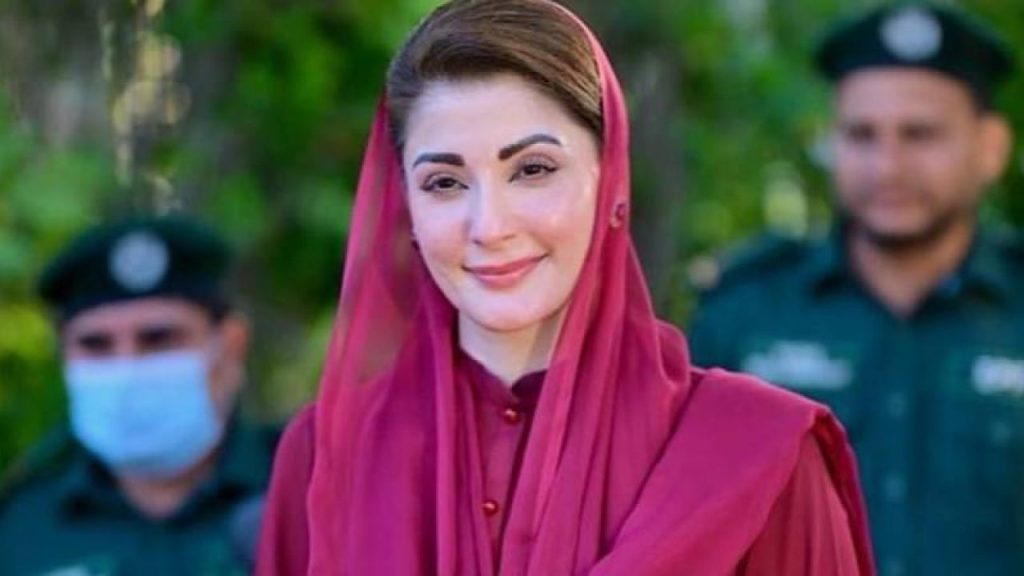In a major development for environmental reform and public health in Punjab, Chief Minister Maryam Nawaz chaired a high-level meeting to review progress on the “Suthra Punjab” initiative. The program, which aims to overhaul sanitation infrastructure and enforce a cleaner, greener Punjab, has drawn international support and significant investment interest.
During the session, it was revealed that the World Bank, alongside several other international partners, has formally expressed its willingness to support and invest in the initiative. This interest signals growing global confidence in Punjab’s governance and its commitment to achieving modern, sustainable municipal management.
A key outcome of the meeting was the decision to establish 136 additional waste disposal points across the province. These new sites are expected to ease the pressure on existing infrastructure, especially in rapidly urbanizing districts, and improve overall hygiene standards in underserved communities.
The initiative also focuses on ensuring immediate responsiveness to local complaints. It was emphasized that sanitation issues reported from specific districts would be addressed on a priority basis, with special task forces being considered to monitor real-time complaint resolution and maintain accountability at the municipal level.
Maryam Nawaz reiterated that a clean environment is not a luxury but a basic right, and stressed the importance of public-private partnerships, technology-enabled waste monitoring systems, and grassroots awareness to ensure the long-term success of Suthra Punjab.
The project is being hailed as one of the most ambitious cleanliness and sanitation drives in the history of the province. With international collaboration, data-driven governance, and firm leadership, Punjab moves one step closer to realizing the vision of a healthier, dignified, and environmentally conscious future.



Comments (0)
No comments yet. Be the first to comment!
Leave a Comment